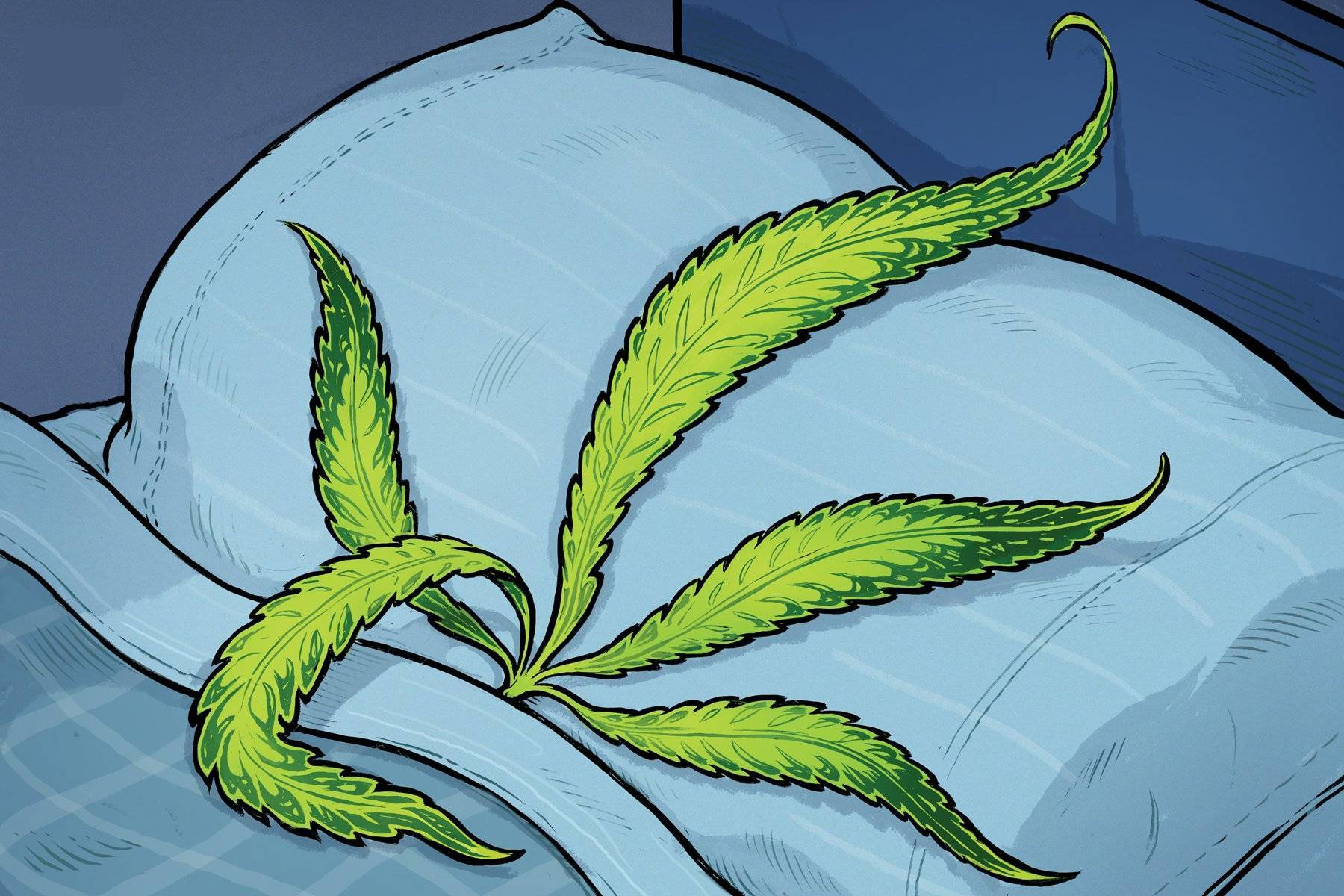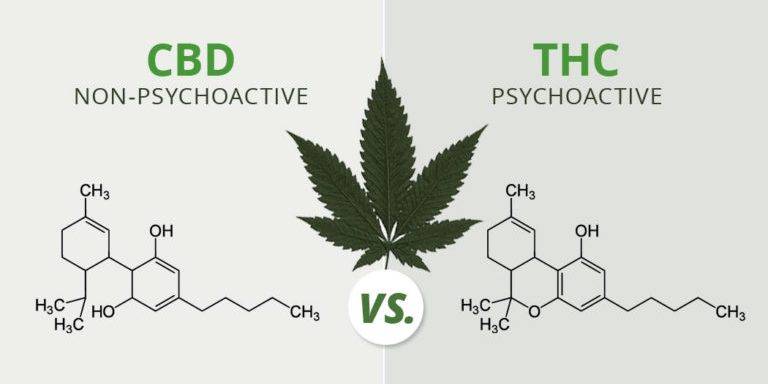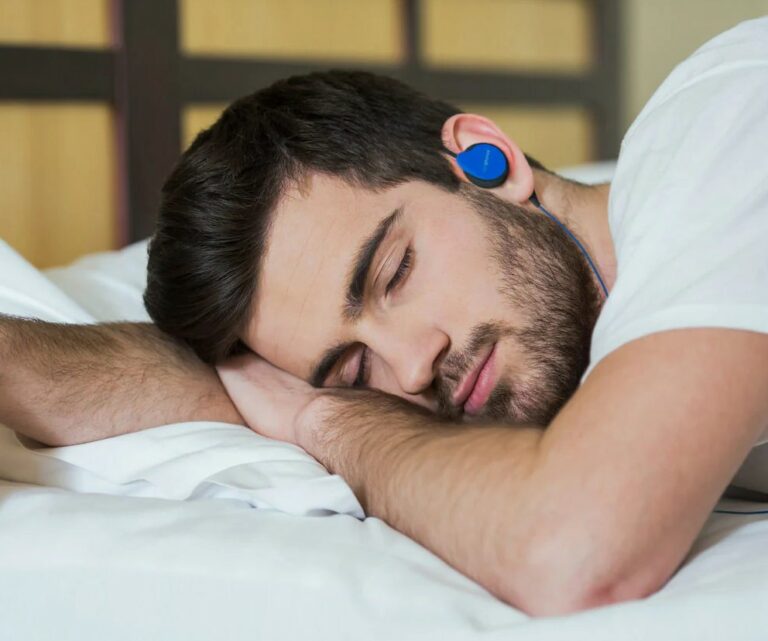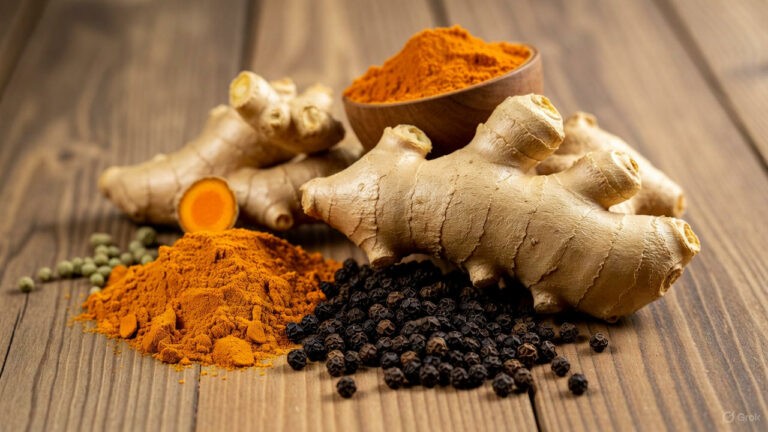
Thinking About Using Cannabis For Sleep?
One of cannabis’s most well-known uses is as a sleep aid. A majority of young adult users and even half of long-term users will swear by cannabis’s ability to lull them to sleep, combating sleep disorders like insomnia and even sleep apnea. This is good news for insomniacs and restless people alike who are kept awake by the stress of daily life. But is it right for you?
Tips For Using Marijuana To Help You Sleep
Whether you know it as weed, pot, grass or gas, cannabis use and interest today is at an all-time high, pun intended. Once widely demonized, the public today is embracing cannabis and its many uses all across the globe, particularly in the United States. Depending on where you live, you can find medical and even recreational weed sold at a cannabis dispensary for legal purchase.
One of cannabis’ most well-known uses is as a sleep aid. A majority of young adult users and even half of long-term users will swear by cannabis’ ability to lull them to sleep, combating sleep disorders like insomnia and even sleep apnea. This is good news for insomniacs and restless people alike who are kept awake by the stress of daily life. But is it right for you?
The following isn’t medical advice, rather information you can use to strike up a conversation with your physician to decide if cannabis is the best option. Many choose cannabis as a sleep aid to avoid over-the-counter prescriptions associated with a risk of abuse, tolerance, dependence and other harmful long-term effects.
Cannabis is an extensive topic, but in this article, we’ll cover the basics of cannabis followed by the simple pros and cons of cannabis use strictly as a sleep aid.
Why Cannabis Works as a Sleep Aid: THC & CBD
The science of cannabis is comprehensive but starts with two prime cannabinoids: THC and CBD. Together, these compounds work through your endocannabinoid system (ECS), binding to the cannabinoid receptors in your nervous system.

Also known as Tetrahydrocannabinol, THC is the psychoactive cannabinoid everyone is familiar with that produces the “high” cannabis is famous for. The experience, however, can depend on several factors, including the type of cannabis and tolerance level of the individual consuming it. THC can reduce nausea, relieve pain, reduce inflammation, and make it easier to sleep due to its sedative properties. However, it can also increase anxiety, appetite, and paranoia.
The second-best known cannabinoid is CBD, or Cannabidiol. Since CBD has no psychoactive effects, it has become a safe and popular treatment for anxiety, pain, and even increasing focus. In a pinch, you can take CBD on its own to reduce the overwhelming effects of THC, which seems to balance the high. Both of these cannabinoids function in tandem with other lesser known cannabinoids as well as terpenes, or the aromatic molecules that create smell and taste in many known plants, fruits ,and flowers. The combinations are endless, which is why these days you can find hundreds of varying cannabis strains.
What Cannabis Strain Should I Pick?
Choosing a cannabis strain is a lot like choosing a type of tea to drink. Some strains are more euphoric and energizing and are usually known as Sativa. Other strains are known for being relaxing and even sedating, better known as Indica. These are the ideal strains for sleep. However, modern cannabis strains are typically a blend of both, known as hybrids, with dominating characteristics that depend on genetics and quality of growth. Most dispensaries have employees who can answer questions and provide recommendations to help you start finding the right strains of cannabis-containing products for you.
Cannabis Timing & Dosage
When it comes to using cannabis for sleep, timing and dosage play a large part in how soon you’ll fall asleep. Typically, cannabis shortens the time it takes to fall asleep. This can vary depending on how you intake your cannabis, as well as how much you take. But beware, because too much cannabis before bed could make you groggy the next day, a bit like a hangover. Not enough, and you may find yourself waking up in the night, reaching for more cannabis to go back to sleep.
Let’s dive deeper into the double-sided coin of cannabis as a sleep aid:
The Pro: Falling asleep faster
The Con: Less REM
While using cannabis to help you fall asleep faster sounds great, it affects the structure of your cycles of sleep, keeping you in REM for less time, which means less dreaming. If you’re a heavy cannabis user and you choose to take a tolerance break, you’ll likely notice an increase in dreams for this reason.
If you ask people who suffer from nightmares due to PTSD, this is a pro, not a con. But for those who dream as a way of processing subconscious issues, the long-term effects of dreaming less are unclear, but could lead to poor mental health and inconsistent sleep patterns.
The Pro: Relaxation
The Con: Anxiety
As stated previously, cannabis comes with a slew of side effects, some that contradict each other. If you don’t get your timing or dosage correct before bed, you could feel more anxiety than relaxation. With the right strain and amount, this can generally be avoided. As a rule, you should start with less than you think you need and increase in small increments until you find yourself relaxed, but not anxious. If you need to dose again in the night, a little goes a long way to get you back to a more regular sleep cycle.
The Pro: Better sleep in the short term
The Con: Long-term dependence
Cannabis can be a wonderful tool to correct your sleep cycle in the short term, perhaps during a particularly stressful time in your life. But if you don’t need it medicinally for other reasons, using cannabis for sleep long term could prove habit forming. If you decide to stop using it, you may experience some trouble falling asleep quickly, changes in your REM cycles, vivid dreams, and increased sleep disruption. This is a small price to pay for anyone who is using cannabis instead of a harsher substance, like opioids or alcohol.
Other noteworthy side effects to consider when using cannabis as a sleep aid include dry mouth, euphoria, and increased appetite after ingestion. Smoking cannabis can expose you to respiratory and cardiovascular related health risks.
The Alternative: CBD
If you’re interested in using cannabis to improve your quality of sleep, but don’t like the idea of the psychoactive high that comes with THC, consider starting slow with isolated CBD. It’s easier to get ahold of, particularly if legal THC products are not an option in your area, and the effects are far less overwhelming. Remember, CBD is not psychoactive like THC. Depending on the dose, CBD can be either stimulating or sedating. CBD helps with facilitating sleep by first relieving pain and anxiety, so consider this when deciding how to deal with your sleep disorder.
Conclusion
Since the subject is still somewhat taboo, scientists don’t have all the answers on the long term effects of cannabis use as a sleep aid. It’s easy to find many conflicting opinions on cannabis use among scientists and studies with a quick internet search. There is still no clear study that states whether altering your sleep cycles with cannabis has any detrimental effects over time, nor is there clear evidence on how CBD specifically affects the cycles and stages of sleep.
One thing remains undeniable: the right type of cannabis can certainly be used to knock you out in a pinch if you’re having trouble falling asleep. But there are many things to take into consideration when deciding whether or not to use cannabis as a sleep aid. Long term use could create dependency, and those who are pregnant or have poor cardiovascular health likely shouldn’t use cannabis at all. The decision is personal and should be made with the help of a medical professional.
Sources:
https://www.psychologytoday.com/us/blog/sleep-newzzz/what-you-need-know-about-cannabis-and-sleep
https://www.healthline.com/health/medical-marijuana/cannabis-for-sleeping
https://www.sleepfoundation.org/natural-sleep-aids/marijuana-for-sleep
https://thesleepdoctor.com/2020/01/21/how-does-cannabis-affect-the-stages-of-your-sleep/
https://www.ncbi.nlm.nih.gov/pmc/articles/PMC2442418/
https://www.med.upenn.edu/cbti/assets/user-content/documents/The-effects-of-cannabinoid-administration-on-sleep-systematic.pdf






